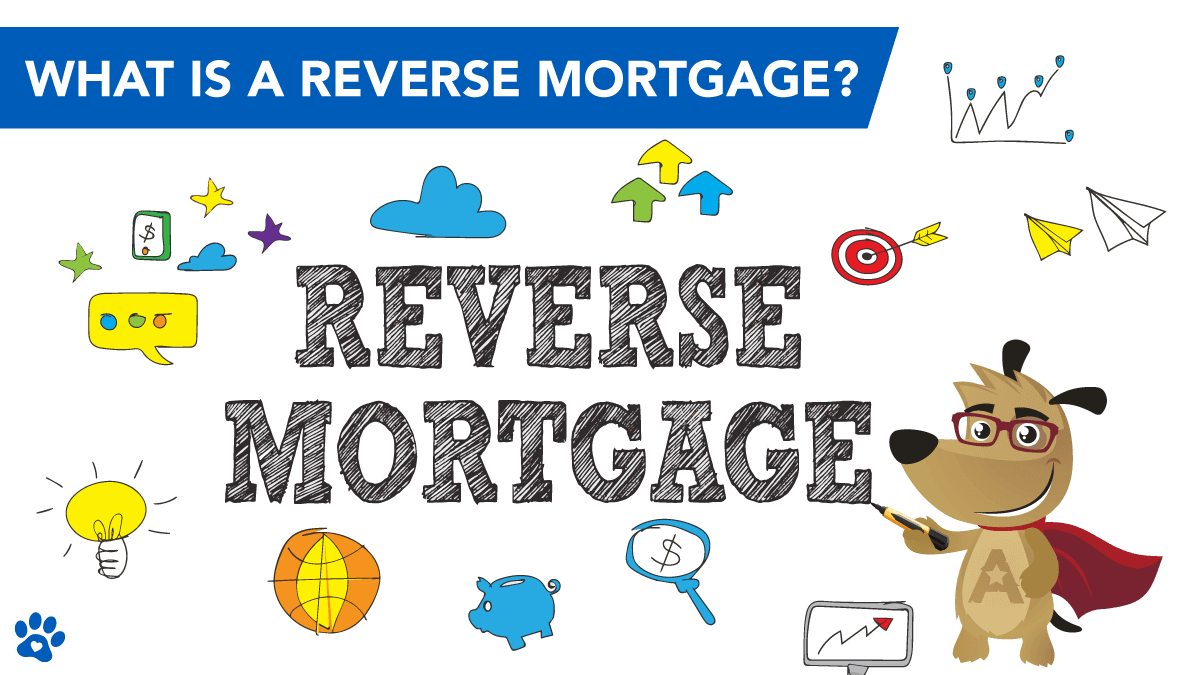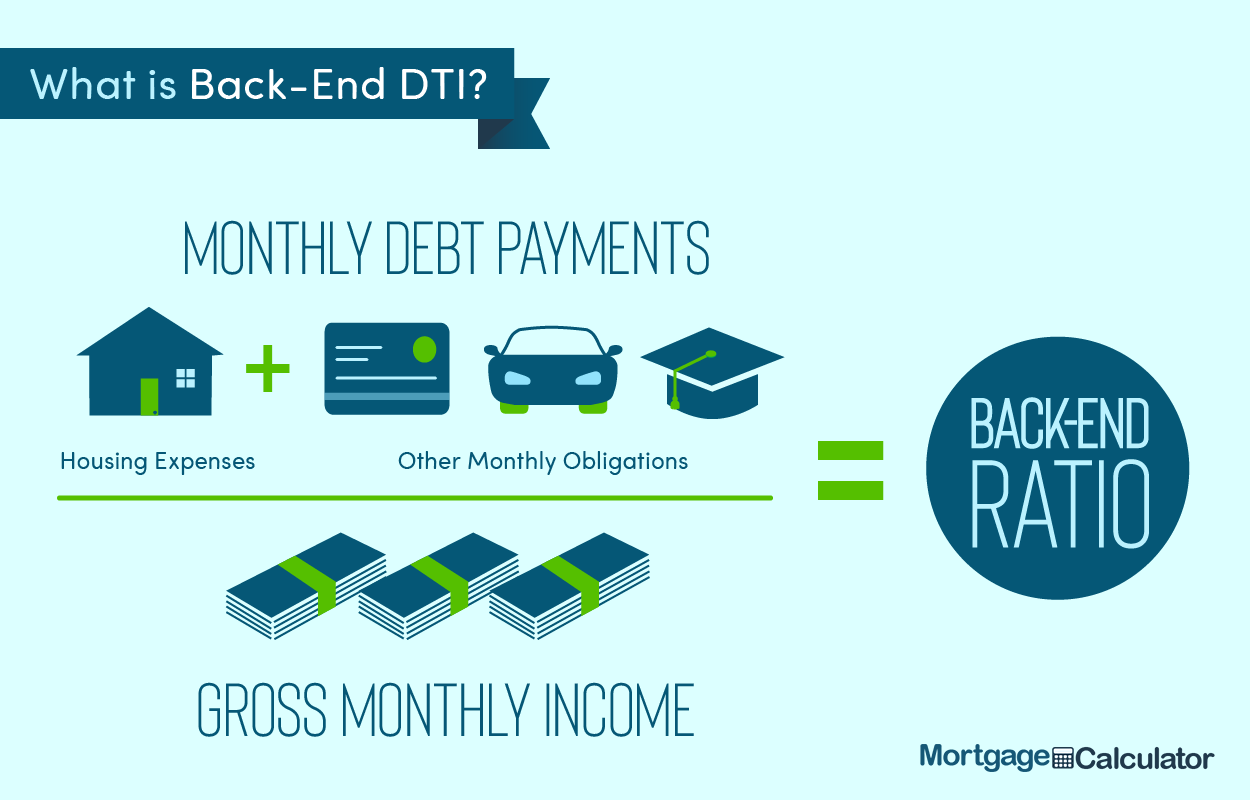First, let's review what a reverse home mortgage is. A reverse home mortgage is created to permit senior older homeowners who own all or most of their residential or commercial property to withdraw some of the equity from the home for individual usage Recipients can choose to receive the money as a lump sum, in monthly installations, or as a credit line.
As it is only available to people over the age of 62, it is meant to be the last loan an individual will receive on their house in their life time. A reverse home mortgage should be paid back when the residential or commercial property ceases to be the loan recipient's main house. This can take place when the recipient relocations, downsizes, has remained in the medical facility for over a year, or passes away.
Generally, among four things happens: 1. The recipient's life insurance policy is used to settle the balance of the reverse home loan. 2. The recipient's successors sell the home and use the earnings to settle the balance. If the home costs more than the loan was worth, the heirs keep the staying equity.
3. The recipient's beneficiaries refinance and take out a brand-new home mortgage on the house in order to keep the property. (It is possible to have both a reverse mortgage and a regular home mortgage on the very same home, as long as the routine mortgage has a low loan balance). 4. If the successors take no action within the designated time period, the bank will foreclose on the home to recoup the loan.
What Are Interest Rates On Second Mortgages Fundamentals Explained
Make certain to look carefully at the terms of a reverse mortgage prior to taking one out, as some loans can bring high costs and rates of interest.
If you secure a reverse home loan, you can leave your home to your beneficiaries when you die, but you'll leave less of a possession to them. Your successors will likewise require to deal with repaying the reverse home loan, and they might deal with significant problems in the procedure, otherwise the lender will foreclose.
A "reverse" mortgage is a particular type of loan in which older property owners convert some of the equity in their house into money. The cash is generally dispersed in the kind of a swelling sum (topic to some limitations), month-to-month amounts, or a line of credit. You can likewise get a combination of regular monthly installments and a credit line.
This kind of loan is various from routine "forward" home mortgages since with a reverse home loan, the lender pays to the homeowner, instead of the property owner paying to the loan provider. Due to the fact that the property owner receives payments from the loan provider, the house owner's equity in the home reduces with time as the loan balance gets larger.
6 Easy Facts About How A Simple Loan Works For Mortgages Shown
With a HECM, the loan has actually to be repaid when among the following events takes place: the debtor dies the home is no longer the customer's primary home (or the customer moves out completely or leaves due to health factors for 12 consecutive months or longer) the borrower offers the home (or transfers title), or the customer defaults on the terms of the loan, like by failing to keep up with insurance coverage premiums or real estate tax.
But they will not receive title to the residential or commercial property free and clear since the residential or commercial property undergoes the reverse home mortgage. So, say the property owner dies after receiving $150,000 of reverse home loan funds. This implies the beneficiaries inherit the home subject to the $150,000 financial obligation, plus any costs and interest that has accumulated and will continue to accrue till the financial obligation is paid off.
1. Pay back the loan. (With a HECM, the beneficiaries can choose to repay 95% of the assessed worth themselves and keep the house. FHA insurance coverage will cover the remaining loan balance.) 2. Sell the house and use the proceeds to pay back the reverse home mortgage. (With a HECM, the heirs can offer the home for the full quantity of financial obligation owed on the loan or a quantity that is at least 95% of the current evaluated worth of the property.) 3.
4. Do absolutely nothing and let the lender foreclose. According to an U.S.A. Today post from December 2019, heirs who wish to pay off a reverse home mortgage and keep the home often face months of bureaucracy and disappointment when handling the loan servicer. Shoddy loan maintenance practices typically prevent what need to be routine paperwork, financial obligation estimations, and interactions with borrowers or heirs.
The 8-Minute Rule for Why Do Banks Make So Much From Mortgages
The servicer likewise designated the home as uninhabited and switched off the water in the name of home conservation, and arranged a foreclosure sale. This situation is not unusual. The U.S. Department of Housing and Urban Development (HUD), the regulator of HECMs, has guidelines that state servicers of these loans must inform survivors and heirs of their alternatives and deal with the loan within 6 months of a death.
If they're offering the residential or commercial property and it's still on the marketplace after 6 months, or they're still actively seeking funding, successors can get in touch with the servicer and request a 90-day extension, based on approval by HUD. One more 90-day extension can be asked for, once again with HUD's approval. But that https://www.timesharetales.com/blog/wesley-financial-group-llc-reviews/ standards do not prevent the servicer from pursuing a foreclosure during this time.

While you face hold-ups or roadblocks due to an issue with the home's title, an impending foreclosure, or a lack of info from the servicer, you'll have to pay for the house's upkeep, taxes, and insurance coverage, and interest and costs will continue to accrue on the financial obligation while you attempt to exercise any of the above options (how does bank know you have mutiple fha mortgages).
Reverse mortgages are complicated and are often not the best option for older house owners seeking access to additional cash. Before securing a reverse mortgage and using your home equity, you need to make certain to check out all of the choices available to you. For circumstances, you might receive a state or local program to reduce your expenses or you might consider downsizing to a more affordable house.
A Biased View of What Is The Best Rate For Mortgages
aarp.org/revmort. Even though you'll need to finish a counseling session with a HUD-approved counselor if you wish to get a HECM, it's likewise extremely recommended that you think about talking with a financial planner, an estate preparation attorney, or a customer protection legal representative before taking out this type of loan.
Upon the death of the customer and Qualified Non-Borrowing Spouse, the loan ends up being due and payable. The beneficiaries have thirty days from getting the due and payable notification from the loan provider to purchase the home, sell the house, or turn the house over to the loan provider to satisfy the debt.

Your successors can speak with a HUD-approved real estate counseling company or an attorney for additional information. Some heirs might do not have funds to pay off the loan balance, and may need to sell the home in order to repay the reverse mortgage loan. With a reverse home loan, if the balance is more than the home is worth, your heirs don't have to pay the difference.